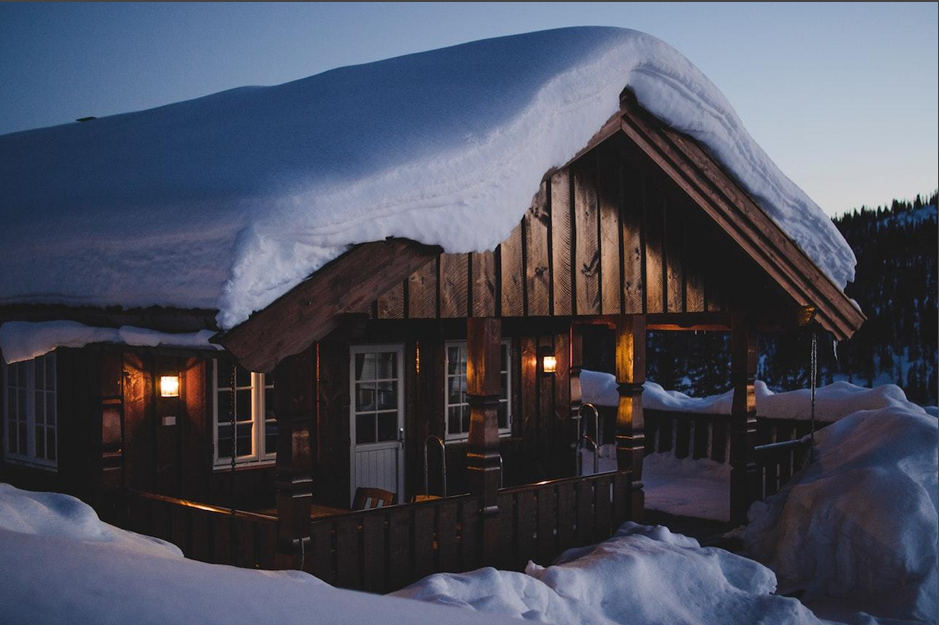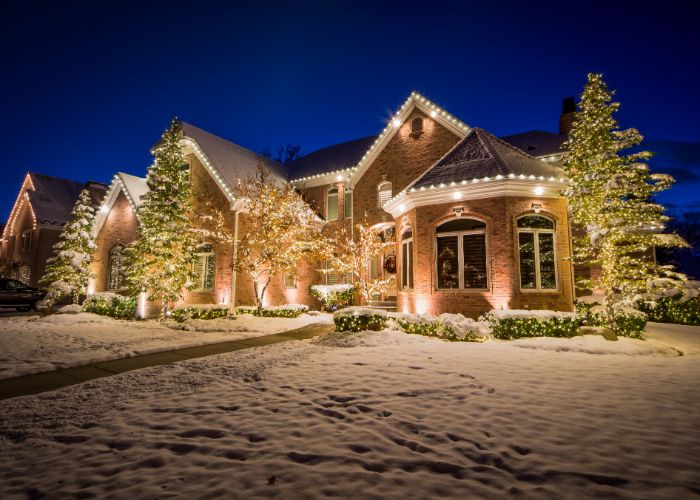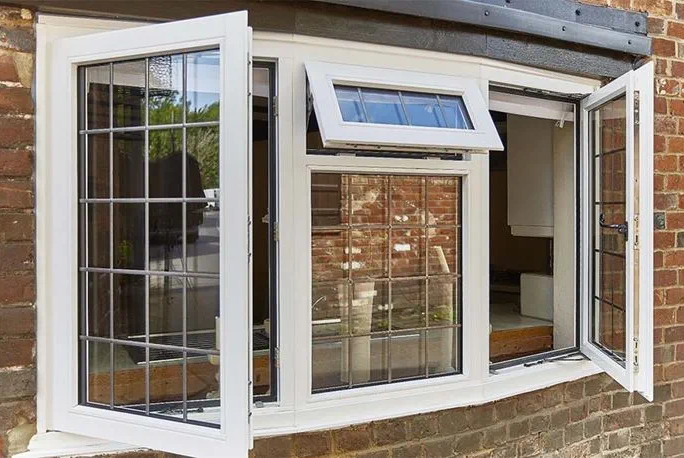12 tips to prepare your home for winter

Preparing your home for winter is essential to keep it warm, safe, and energy-efficient during the colder months. Here are 12 tips to help you get ready for winter:
- Inspect your heating system: Have your furnace or heating system serviced by a professional to ensure it’s working efficiently. Replace filters if necessary, and consider upgrading to a programmable thermostat for better control.
- Seal gaps and cracks: Check for drafts around doors, windows, and other openings. Use weatherstripping, caulk, or insulation to seal gaps and prevent heat loss.
- Insulate your home: Add insulation to your attic, walls, and floors to improve energy efficiency and keep your home warmer. Proper insulation can significantly reduce heating costs.
- Clean and inspect chimneys and flues: If you have a fireplace or wood-burning stove, have the chimney cleaned and inspected by a professional to prevent chimney fires and carbon monoxide leaks.
- Reverse ceiling fans: Change the direction of your ceiling fans to clockwise to help distribute warm air evenly throughout the room.
- Service your water heater: Drain your water heater to remove sediment buildup, which can improve its efficiency. Insulate the pipes to reduce heat loss as hot water travels through your home.
- Winterize your pipes: Prevent frozen pipes by insulating them with foam pipe covers and applying heat tape to vulnerable areas. Disconnect and drain outdoor hoses and shut off outdoor water faucets.
- Check your roof and gutters: Inspect your roof for damaged or missing shingles and repair any issues before winter storms. Clean gutters and downspouts to prevent ice dams that can damage your roof.
- Trim trees and shrubs: Trim branches that overhang your home or power lines to prevent them from breaking under the weight of snow and ice, potentially causing damage.
- Test smoke and carbon monoxide detectors: Replace the batteries in your smoke and carbon monoxide detectors and ensure they are in good working order. Install detectors near bedrooms and on every level of your home.
- Stock up on winter supplies: Gather essential winter supplies such as rock salt or ice melt, shovels, and snow removal equipment. Ensure you have an emergency kit with flashlights, blankets, and non-perishable food in case of power outages.
- Schedule a professional energy audit: Consider hiring a professional to conduct an energy audit of your home. They can identify areas where you can improve energy efficiency and make cost-effective recommendations.
By following these tips, you can prepare your home for winter, making it more comfortable, safe, and energy-efficient during the cold months.




